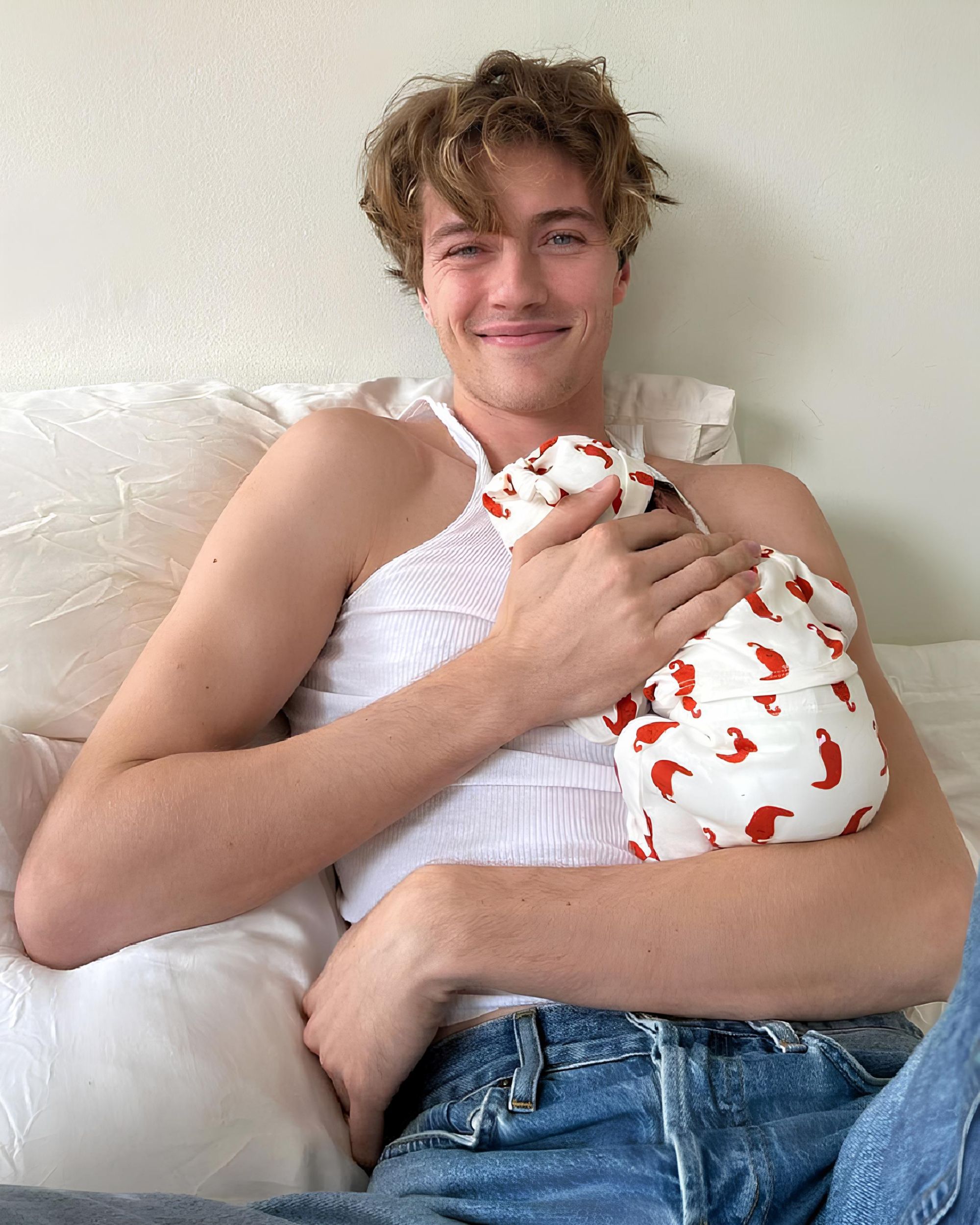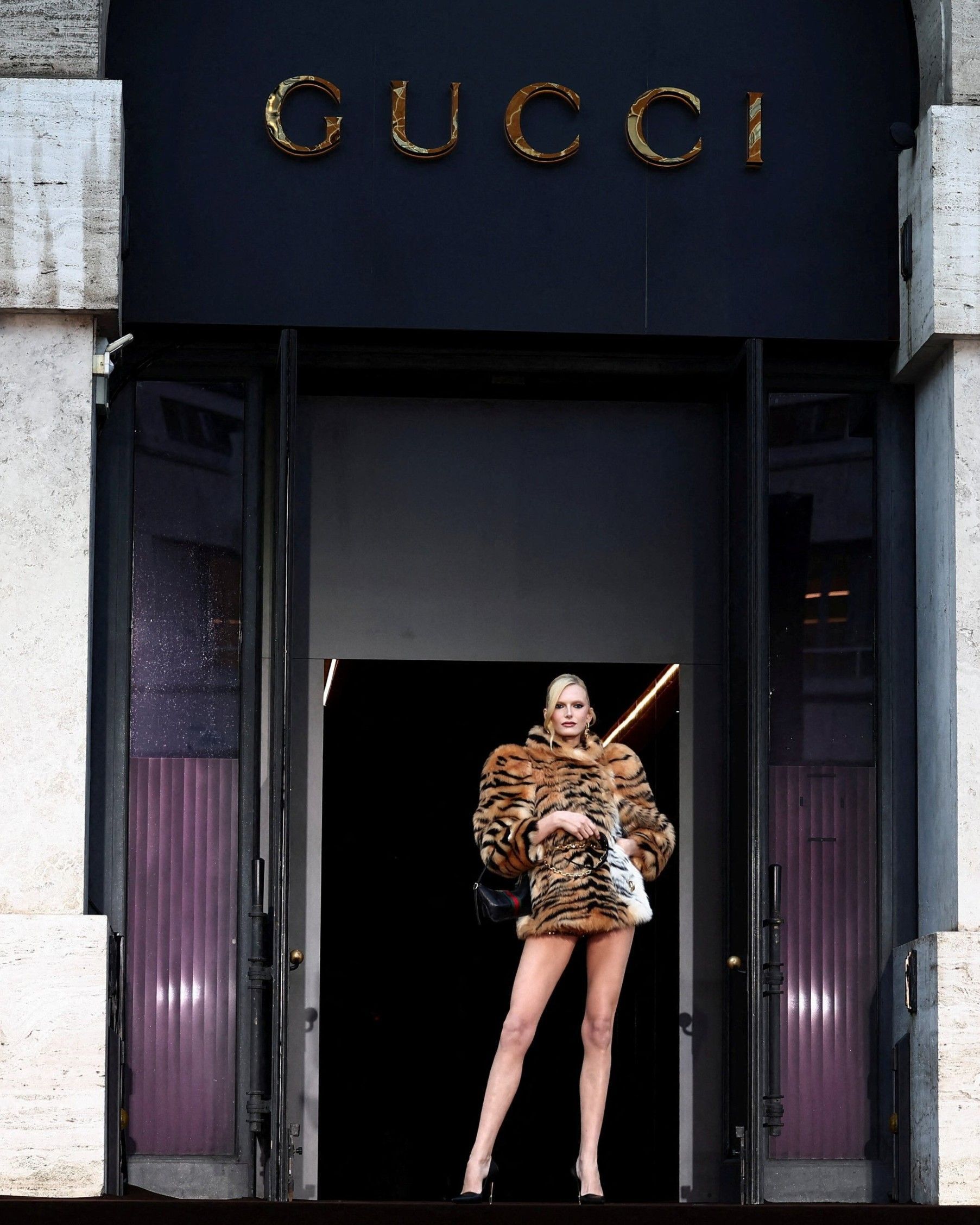
All Kering's efforts to conquer the Web 3 «Web3 and NFT represent a real revolution and we want to be at the centre of it»
Never before have the big high-fashion groups made known their belief in investing in new technologies to make them an integral part of the near future of retail. Specifically, Kering has recently invested in Haun Ventures, a crypto fund launched by entrepreneur Katie Haun, which in March raised $1.5 billion to support the growth of companies active in Web3. As chief client and digital officer Gregory Boutté revealed last Friday during a presentation at the Kering Imagination Lab for digital innovation in Paris: «We are convinced that cryptocurrencies are here to stay. Some of our customers would like to use cryptos to buy our products, so it makes sense to offer this option». Following the example of Off-White™, the giant led by François-Henri Pinault will accept cryptocurrency payments through Bitpay in Balenciaga stores in the coming months, while tests with Gucci have already started a fortnight ago in strategic flagships in the US market. At the same time Farfetch announced that cryptocurrency payments will be accepted by high-end 'private customers' in the coming months, ahead of a wider rollout in the US, UK and Europe by the end of the year.
Having fun playing NFT games on Discord with my Kering team mates… pic.twitter.com/qZWj4q1sYE
— Grégory Boutté (@gboutte) April 30, 2022
«There are 2.5 billion people playing video games every month. We believe that virtual worlds will be increasingly immersive and present in our lives - Boutté told wwd - Web3 and NFT in particular represent a real revolution and we want to be at the centre of it.» Despite Bitcoin's recent fluctuations, the company dismissed the recent volatility as a normal phenomenon for a still young currency, stressing that Kering's is a test-and-learn approach: Gucci and Balenciaga will be a testing ground before deciding whether to extend the payment system to other brands. An approach already tested with the first pilot projects in the Metaverse: Gucci sold a digital version of its Dionysus bag on Roblox and Balenciaga partnered with Epic Games' Fortnite. «This is one of the advantages of having our own platform: it allows us to decide the goals we want to pursue.» Therefore, through the Kering Ventures fund, the group makes smaller investments in start-ups or technologies aimed at serving the luxury customer of the future.
JUST IN: Coinbase CEO says 1 billion people will have used or tried #cryptocurrency within the next ten years.
— Watcher.Guru (@WatcherGuru) May 3, 2022
François-Henri Pinault and his managers recently flew to Silicon Valley to meet the computer scientist and entrepreneur Marc Andreessen, and again with a view to increasing the know-how in the digital and technological field of his group, Pinault decided in recent months to open the doors of the board, as an independent director, to Yonca Dervisoglu, a Google manager. 'We feel we have to learn, so we want to collaborate with people who know these sectors better than we do,' commented Gregory Boutté. With this in mind, the Kering Imagination Lab, which opened a year ago and has 200 employees, will host a hackathon on 20 and 21 July where employees will be encouraged to submit their ideas on how Web3 can drive the luxury business in the future. A jury chaired by Pinault will designate a winner, whose idea could be funded and implemented by one of the group's brands. Innovation is a crucial point in Kering's approach, from 3D product design, which is now used to develop between 30 and 40 per cent of carryover styles, to machine learning algorithms that help Gucci's planners position inventory in shops with up to 20 per cent greater accuracy than before. If the future is in Web 3, Kering is already the protagonist.














































